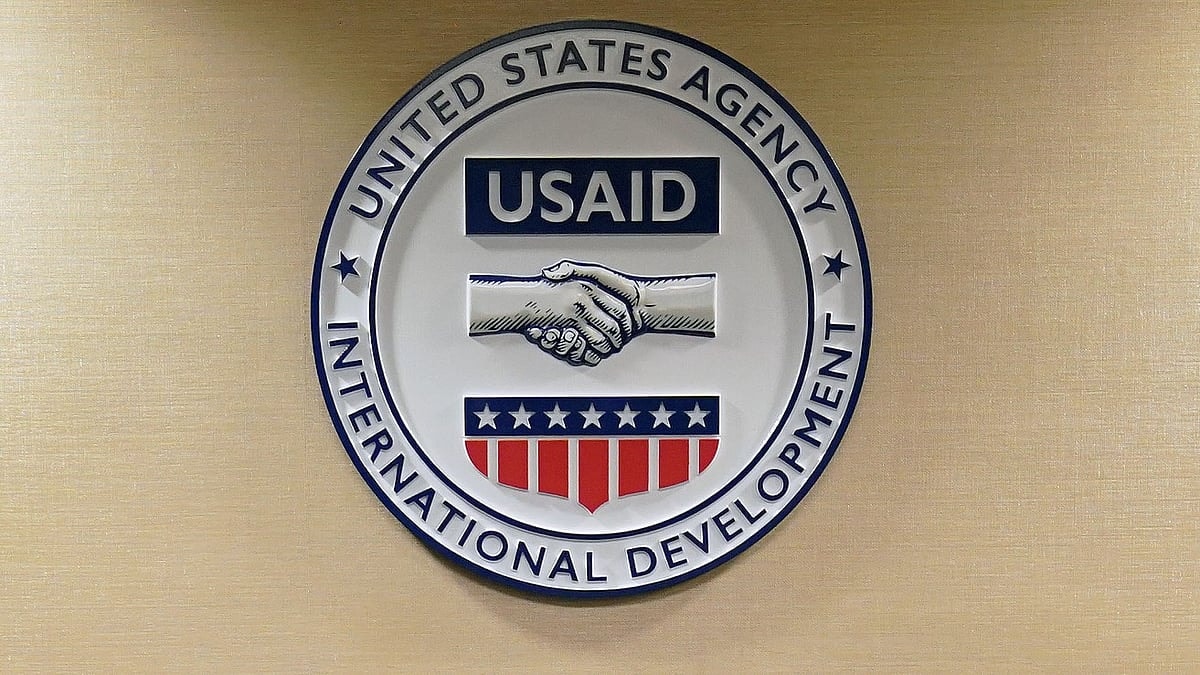US Federal News Bureau
USAID Releases New 10-Year Digital Policy
The Digital Policy seeks to equip USAID and its global partners to keep up with rapid technological advancements.
Written by: CDO Magazine
Updated 3:47 PM UTC, August 1, 2024

The U.S. Agency for International Development (USAID) recently introduced a 10-year digital policy to steer its approach to emerging technologies in partner countries, addressing areas from improving internet access to integrating artificial intelligence (AI).
“Authoritarian governments and other actors are using increasingly powerful technologies — with tools like facial recognition — to survey people, to manipulate information using increasingly convincing deepfakes, launching cyberattacks against their adversaries. Many tech capabilities are growing faster than our ability to fully understand them,” Administrator Samantha Power said while unveiling the policy.
Power further stressed the necessity of investing in digital infrastructure in partner countries and underscored the U.S.’s role in leading global efforts to enhance internet connectivity, especially as other nations advance similar initiatives.
The Digital Policy seeks to equip USAID and its global partners to keep up with rapid technological advancements, adopt digital technologies responsibly, enhance information integrity and resilience, combat digital authoritarianism, and expedite development and humanitarian efforts through digital solutions.
“Together with our partners, USAID will advance U.S. national security by strengthening open, inclusive, secure, and rights-respecting digital ecosystems,” the policy stated.
Earlier this month, Power also highlighted the dual potential of technologies such as AI and spyware, which could assist authoritarians while systems like facial recognition might be employed to suppress dissent and silence critics.
While unveiling a democracy, human rights, and governance policy, she also highlighted the need for some of these technologies for the betterment of humanity.
“We are working with lawyers, judges, legislatures, and other oversight organizations to develop national strategies and standards around the use of technologies,” Power added.


